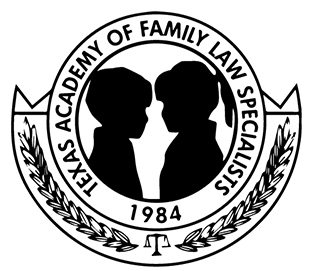In child custody battles, the term “unfit parent” is often thrown around, but what does it mean in the context of Texas law? In essence, a parent can be deemed unfit if they’re unable to provide a safe, stable, and nurturing environment for their child.
One crucial factor that Texas courts consider when evaluating a parent’s fitness is a history of child abuse or neglect. As per the Texas Family Code § 153.004, if the court determines that a parent has a history of family violence within the past two years, it can significantly influence custody decisions.
Substance abuse is another critical factor. Texas Family Code § 263.307 lists drug or alcohol abuse as one of the indicators of neglectful supervision, which can deem a parent unfit for custody. Parents struggling with addiction may not be able to provide a safe environment for their children, leading courts to consider this when determining custody arrangements.
Neglecting the child’s basic needs, including their physical, educational, and emotional needs, can also lead to a parent being labeled as unfit. Courts may look at evidence of inadequate food, clothing, medical care, schooling, and emotional support.
Failure to maintain a consistent presence in the child’s life or showing a lack of interest in their wellbeing can also lead to a court declaring a parent unfit.
If you’re concerned about your or your ex-spouse’s fitness as a parent, it’s essential to consult with a knowledgeable family law attorney. Legal representation can provide guidance and advocate for the best interests of your child.
In conclusion, understanding what constitutes an unfit parent is key in child custody cases in Texas. The Webb Family Law Firm, P.C., is committed to ensuring the welfare of your child and providing robust representation in your custody dispute. Contact us today to discuss your case and explore your options.
Sources:
- Texas Family Code § 153.004
- Texas Family Code § 263.307








0 Comments